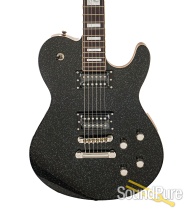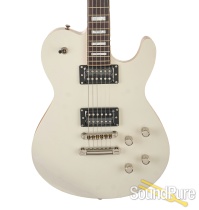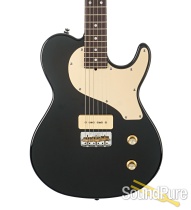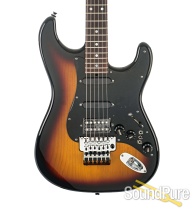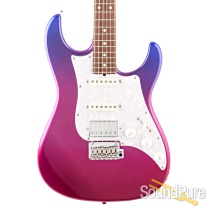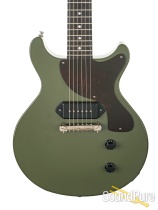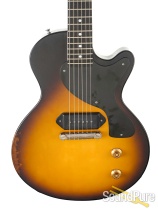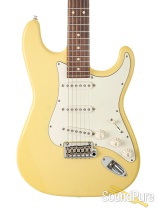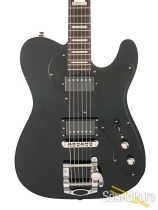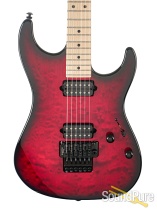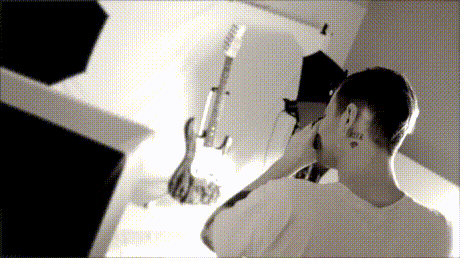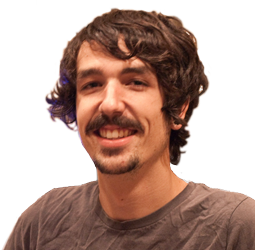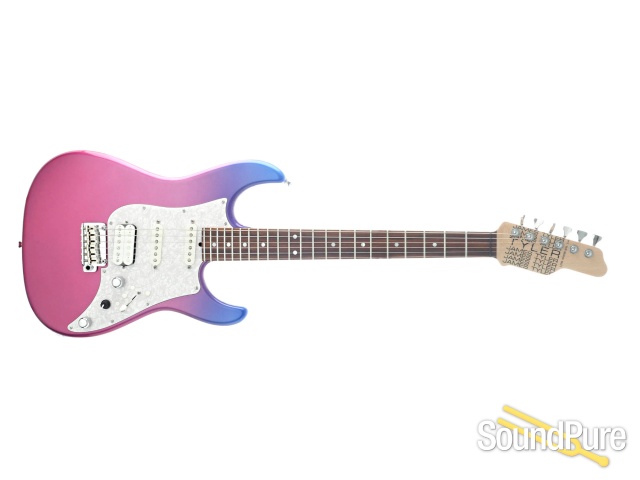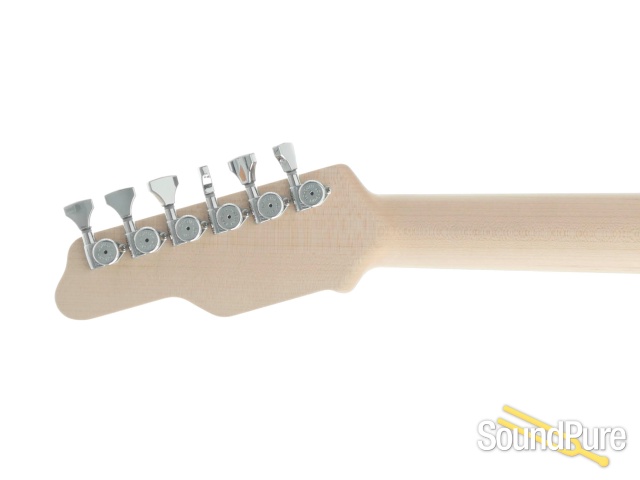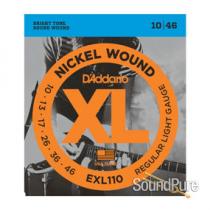James Tyler started out doing custom guitar work and repairs in the early 1970's. His reputation grew by word of mouth up through the later 1980's and early 1990's when a lot of top session players and artists in the Los Angeles studio scene trusted him to give them exactly what they needed. He listened to his customers and pushed the limits by constantly seeking what could be improved. This kind of hands-on experience with thousands of guitars and an exclusive clientele has given James keen insight into how things work, and what players want.
Today, the guitars are built using state-of-the-art technology including computerized milling machines, laser machines, 3d modeling stations, and aerospace engineering to ensure utmost quality and precision in each product that is made. Technology, however, never takes precedence over what James calls "the human factor." In this digital age, many computer-built products feel sterile and like machines themselves - that is not what you get with a Tyler. James draws the line to ensure that technology remains a tool in the hands of expert luthiers, and never a human replacement.
The handwork and attention to detail at Tyler make a guitar feel comfortable and familiar. A small, dedicated crew of talented craftsmen builds each guitar to order doing as much work by hand as possible. The necks are final shaped by hand, the bodies get hours of hand work through the sanding, painting, and buffing processes. the frets are dressed and polished by hand through a 10-step process that gives a superior final result that no computer-controlled machine can produce. The guitars get assembled, adjusted, set-up, played, listened to and tested by people who care about quality. Then they go back for a final set-up before they are packed and shipped. It takes a determined balance of modern technology and old school tradition to give you a guitar that feels like an old friend when you play it for the first time.
The operation at James Tyler Guitars has grown slowly over the years with no partners, no investors, and no compromises. All the work is still done in Los Angeles, California in the same spirit as when it all started. A ton of sweat equity goes into each instrument so you can pick it up and make it yours from the very first moment.




